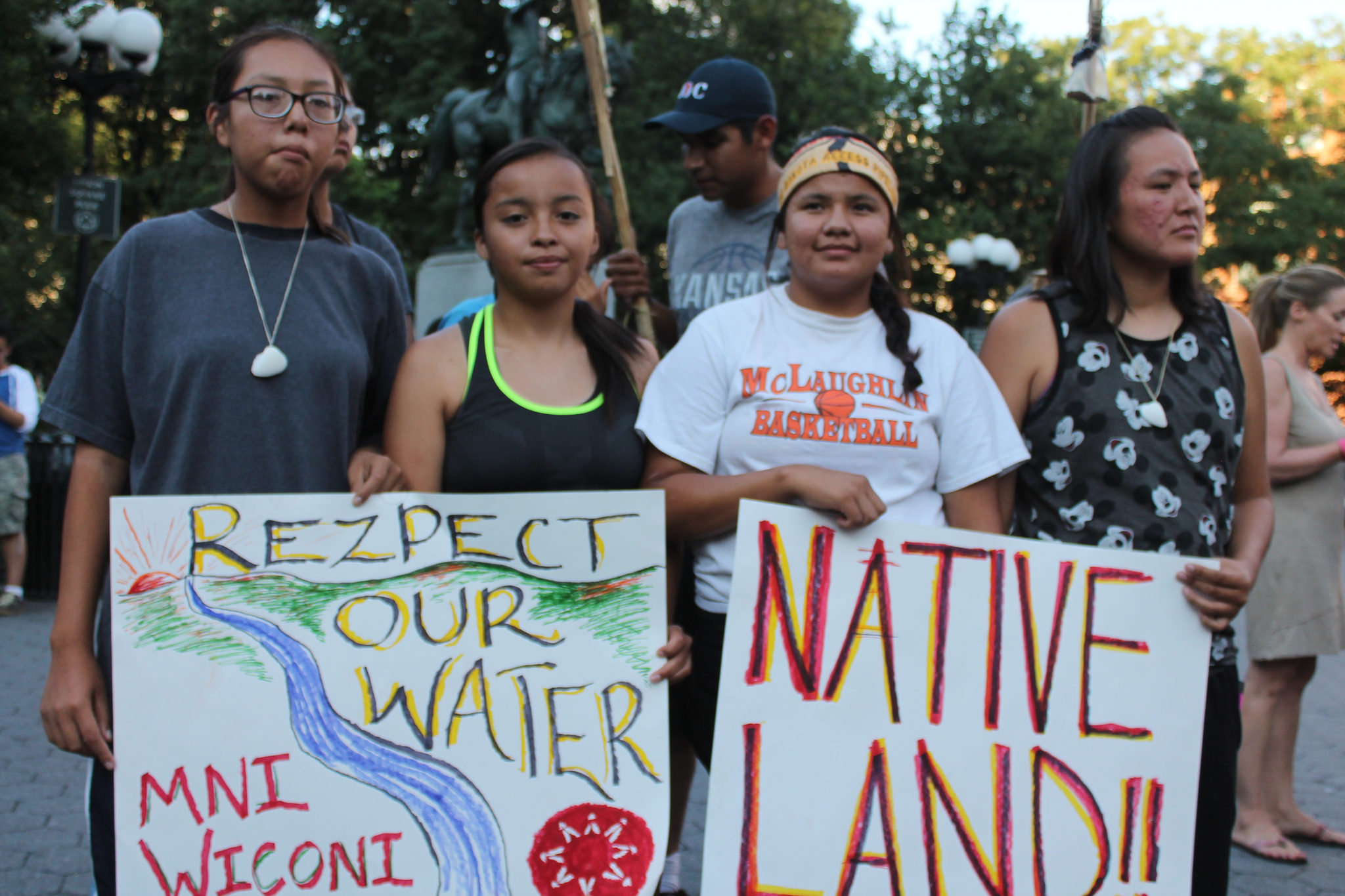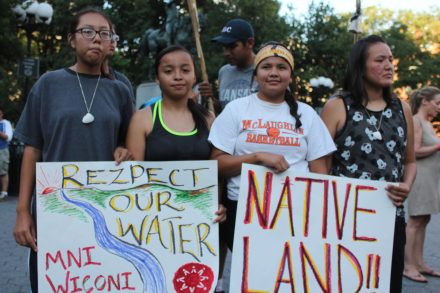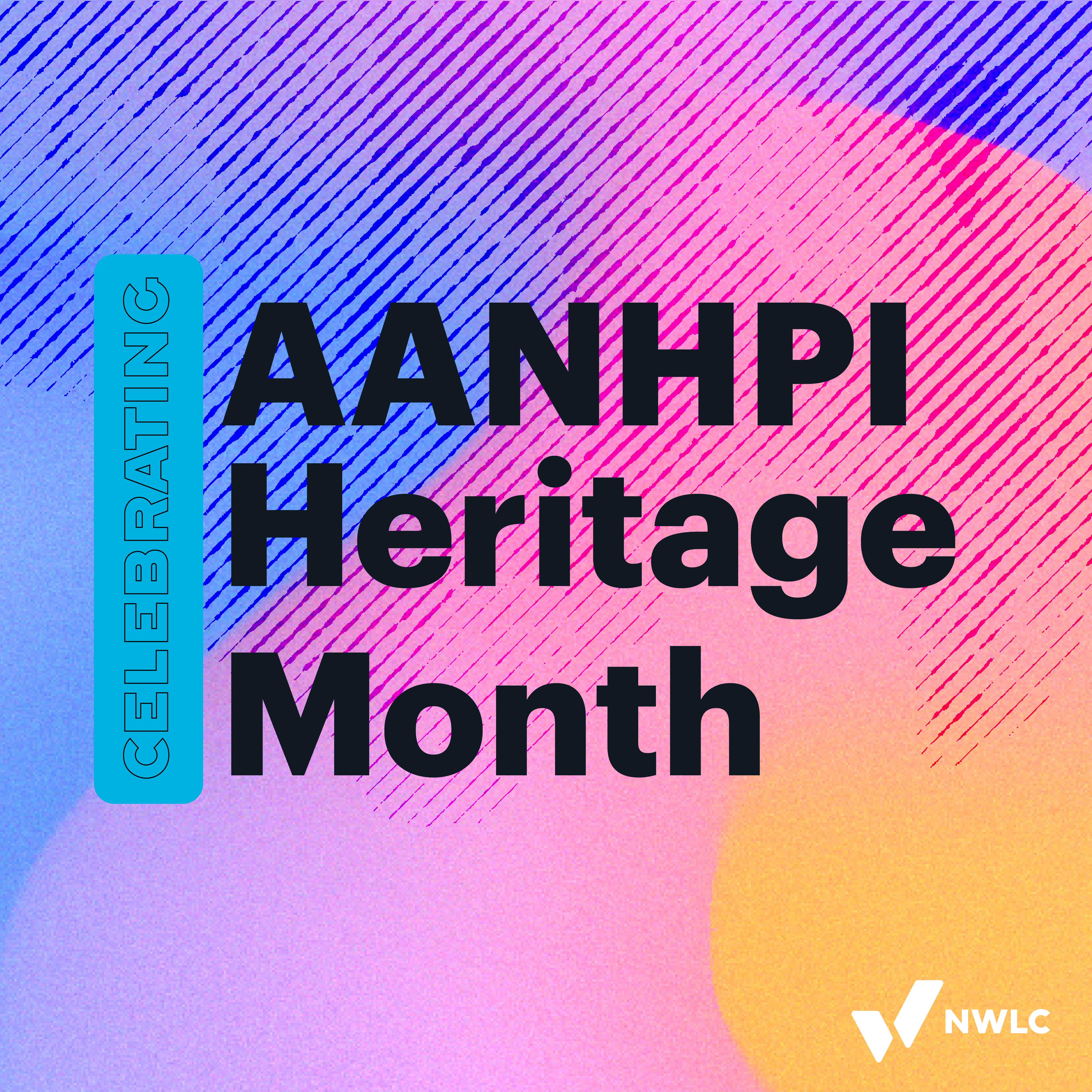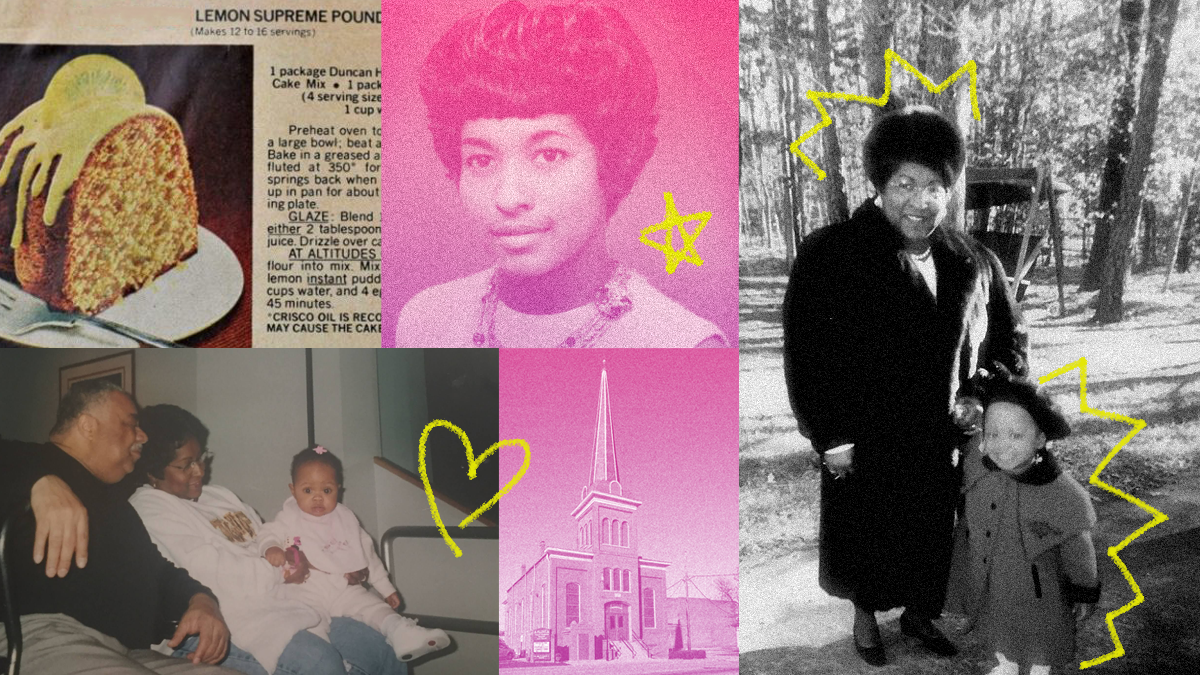Why the Dakota Access Pipeline Is a Feminist Priority


For several months now, we both have watched with alarm and admiration as a growing number of Native Americans have been camping out on the Standing Rock Sioux reservation in North Dakota to peacefully protest the construction of a crude oil pipeline – known as the Dakota Access pipeline. The protests have been growing the last few months (including online with the hashtag #NoDAPL), culminating in a violent clash in which security officers used dogs and pepper spray to attack protesters. Six people, including a pregnant Native American woman and a child, were bitten by pit bulls and German shepherds. At least 30 protestors were pepper-sprayed by pipeline security. The pipeline isn’t even finished yet, and it’s already endangering the life of the nearby community. And while the Department of Justice, the Department of the Army, and the Department of the Interior put a temporary stop to the pipeline, the fight is far from over.
The construction of the Dakota Access Pipeline poses two main challenges. First, it would cross through and could destroy sites of historic and religious significance to the Sioux Tribe (according to reports, some sacred sites have already been harmed by construction). Second, the pipeline would cross the Missouri River, about a half-mile from the Sioux Tribe reservation boundary. This would put the reservation in close proximity to a potential oil spill, which could contaminate drinking water for thousands. In fact, the planned route of the pipeline was already altered to address concerns that it could contaminate the drinking supply of nearby Bismarck. Those concerns stem from the fact that from 2012 to 2013, there were 300 oil pipeline breaks across North Dakota. Many protestors feel an oil spill is all but inevitable. Anna Lee Rain Yellowhammer, a 13-year-old protester and member of the Standing Rock Reservation, gave voice to that fear during an interview with Feministing, saying: “It’s not if the Dakota Pipeline will leak but when it leaks.”
The Dakota Access Pipeline is a Reproductive Justice Issue
Reproductive justice means that you should be able to not only choose when, if and how to have a family, but also be able to raise that family safely without fear of loved ones being harmed. The story of the Dakota pipeline and the resistance of Native American tribes is an issue with tangible economic, environmental, and reproductive health consequences. And the protesters have effectively placed the current fight over the pipeline in the context of a long history of Native American communities that have been plundered, exploited, and displaced.
Contaminated drinking water not only endangers the health of the community but also creates an additional economic burden on Native American families if they are forced to rely on expensive bottled water in the case of a spill. A lack of clean water would exacerbate the economic disparity faced by Native American women, who have the second largest wage gap of any racial group. As for the health concerns, the chemicals present in oil obtained from fracking have been linked to cancer, as well as premature births and high-risk pregnancies. Safe water shouldn’t be a luxury – it should be a right. We’ve already seen the devastating effects of the water crisis in Flint – we can’t continue to allow families to be poisoned for economic gain.
Native Women Are Particularly Affected by Anti-Native Violence
The Dakota pipeline is another chapter in the long history of attacks on the rights and autonomy of Native American women and their families. Beginning in the 1800s, Native children were removed from their communities and sent to boarding schools where they were forced to assimilate into white culture. In the 1970s, Native women were subjected to forced sterilization by the government. Today, Native American women are almost three times more likely than other groups to be sexually assaulted – with two-thirds of those assaults being committed by non-Natives. Countless projects, from the Belo Monte dam in Brazil to the Bakken Oil patch in North Dakota, have shown that development projects on rural and Native land can lead to an increase of violence against Native American women.
Indigenous Women Are Leading the Fight
While Native American women have long been the chief victims of anti-Native practices, they also have played a key role in organizing and resisting racist and misogynist violence perpetrated against them. The fight against the pipeline is no different. From 13-year-old Anna Lee Rain Yellowhammer to the Lakota women petitioning President Obama, they’re are on the frontlines of the protest. We’re inspired by the voices and actions of those who are putting their voices and bodies on the line to protect their land and culture.
As feminists, as people concerned for the environment, as advocates for reproductive justice, and as hopeful allies to the Native American community, we both will continue to amplify their important efforts to live safely and with dignity and autonomy.




